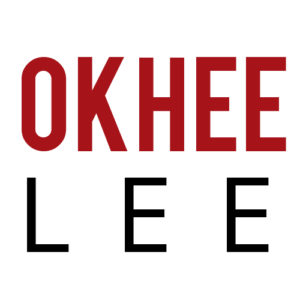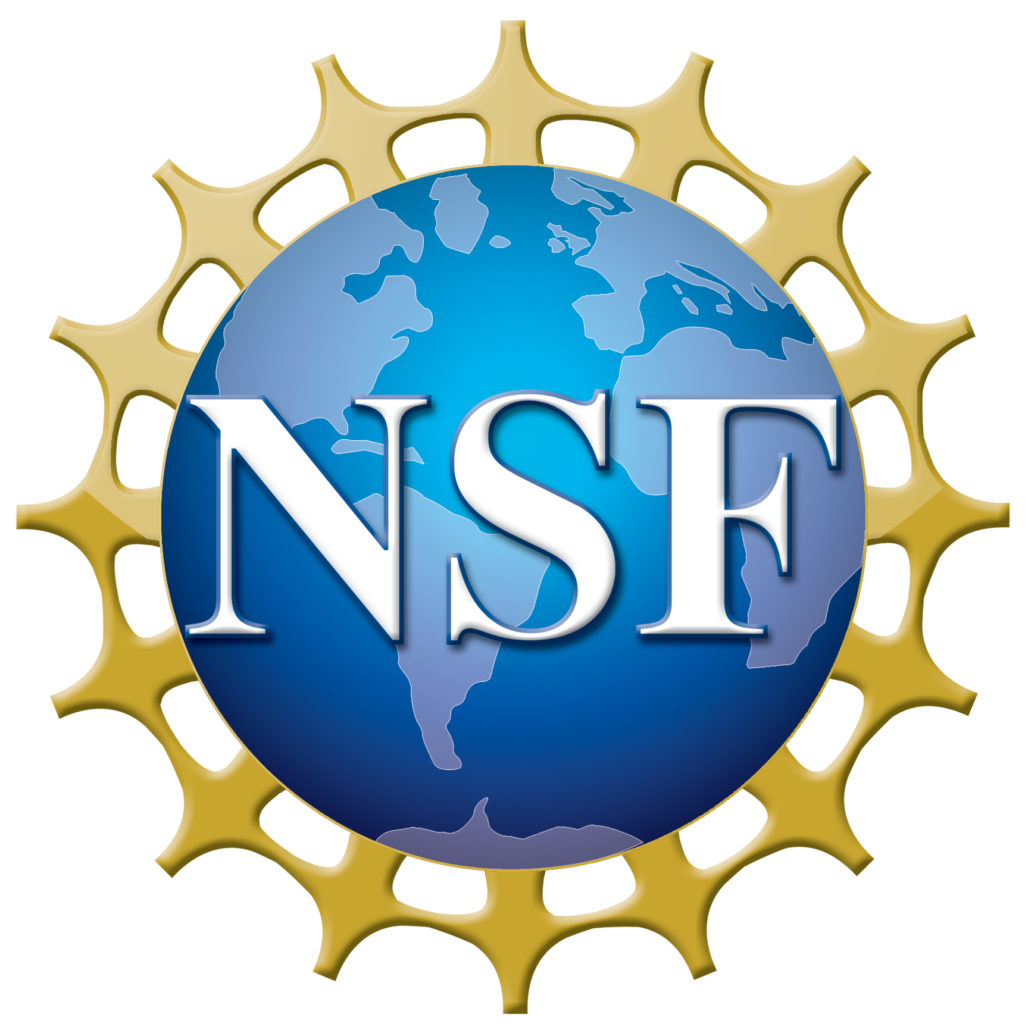Okhee Lee was born five years after the Korean War and grew up in a remote village in South Korea. When she completed a master’s degree, she was told that university positions were for men, not women.
Two options were available to her: the marriage path and become “so-and-so’s wife, so-and-so’s mother, and so-and-so’s grandmother” or the career path and become an old spinster.
She created a third option: Pursue a doctoral degree in the United States.
Okhee struck a deal with her father to delay marriage arrangements for one year so she could apply to American universities. If she got a scholarship, she would have his permission to pursue a doctoral degree in the U.S. If she didn’t get a scholarship, she would follow his wishes. Before the year was up, Okhee accepted a scholarship from Michigan State University.
“I think my father never dreamed his daughter had a chance,” she says.
After more than 30 years in the education field, Okhee has become the leading education scholar committed to the reform of K-12 STEM education with equity and justice.
Okhee is a professor in the Steinhardt School of Culture, Education, and Human Development at New York University. Previously, she was a professor in the Department of Teaching and Learning at the University of Miami’s School of Education.
She was a member of the NGSS writing team and served as leader for the NGSS Diversity and Equity Team. She also was a member of the Steering Committee for the Understanding Language Initiative at Stanford University.
Her work involves integrating science, language, and computational thinking with a focus on multilingual learners. Her latest work addresses justice-centered STEM education with multilingual learners by integrating multiple STEM subjects, including data science and computer science, to address pressing societal challenges using the case of the COVID-19 pandemic.
Okhee brings research and policy to practice. Her NYU team developed a yearlong fifth-grade science curriculum called Science And Integrated Language (SAIL) that translates contemporary science standards into classroom practice with all students, especially multilingual learners. The curriculum is in a field trial at New York City Public Schools with funding from the National Science Foundation. Using the SAIL curriculum, her team published teacher resources in collaboration with the New York State Education Department. In addition, her team published teacher resources in collaboration with the National Science Teaching Association and made them available nationally.
Okhee is the recipient of numerous honors, awards, and fellowships.




